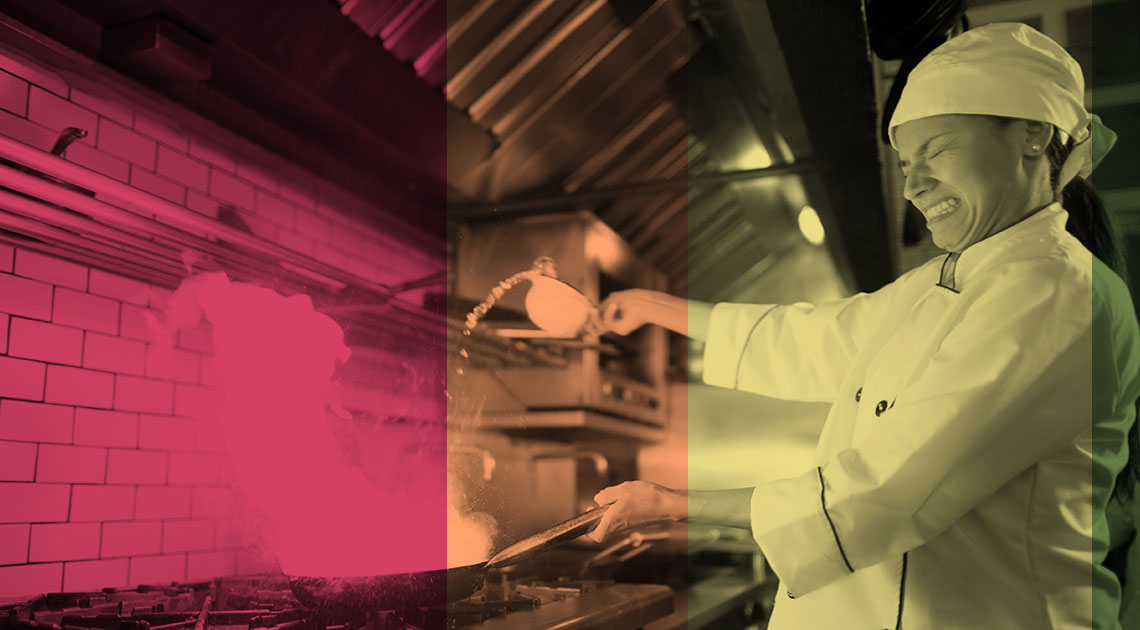A study published by economists from Linköping University in Sweden identified a bias in how researchers perceive academic misconduct, which can lead them to behave questionably without realizing or recognizing the seriousness of their actions. More than 11,000 Swedish scientists and doctoral students responded to a questionnaire consisting of two questions:
1) How well do you think you follow good research practice compared to colleagues in the same research field?
2) How well do you think that your particular research field follows good research practice compared to other research fields?
Fifty-five percent said they were as good as most of their colleagues at following best practices, while 44% said they were better than others. Only 1% thought they were worse. “Almost all researchers consider themselves as good as or better than average, which is a statistical impossibility,” said Gustav Tinghög, lead author of the study, to the EurekAlert! news website. “If everyone could look at themselves objectively, an even distribution around the middle would be expected,” says the researcher, who works at Linköping University’s Department of Administration and Engineering and is an expert in behavioral economics. The article was published in the journal Scientific Reports in February. When comparing their own fields with others, 63% said that theirs was as good at following good research practices as others, while 29% said it was better and 8% said it was worse.
The authors say this biased perspective has potentially harmful implications. One is that scientists could be unable to perceive or combat ethical shortcomings, creating what the authors defined as “ethical blind spots.” “Small missteps can increase in number and perhaps become worse missteps,” said coauthor Amanda Lindkvist, a PhD student supervised by Tinghög. These small missteps are sometimes not even classified as misconduct, such as the manipulation of article author lists or the dividing of research results across more than one article to increase the number of scientific papers.
“If we believe ourselves to be more ethical than others, then we are less likely to pay attention to information and guidelines aimed at counteracting questionable research practices, because such information and guidelines will appear to be directed to someone else and not to ourselves,” the authors state in the article. Another negative consequence of a distorted perception of academic honesty is a lack of trust in colleagues from other fields in a research environment that is becoming increasingly multidisciplinary.
The objective of the study was to evaluate a type of behavior in the academic environment that has already been studied outside it: why do individuals not always act ethically, even though their intention or desire is to do so? The concept of “limited ethics” is used to explain psychological phenomena that lead people to make seemingly unethical decisions in everyday life, such as ignoring the suffering of people in need or claiming undeserved credit in group work. According to the article, in certain situations, people tend to see themselves as ethically superior to others, to make excessively positive predictions about how likely they are to act ethically, and “to believe that their own moral behavior reflects something about themselves while their immoral behavior is due to circumstances.”
The authors were not surprised by the results of the study. Their research hypotheses suggested the possibility of respondents assessing themselves too favorably. In previous studies that analyzed misconduct and questionable research practices, the frequency of mistakes reported by scientists is usually lower than the frequency of mistakes that they actually make. Considering your own subject area as more ethical than others, according to the Tinghög team, might be a way of protecting and reinforcing your academic identity.
The questionnaire was sent out in September 2022 to more than 33,000 Swedish scientists and doctoral students at universities and scientific institutions funded by the country’s government. One-third of the recipients responded. Tinghög recognizes that there may have been a greater proportion of researchers with a negative perception of their ethical behavior among those who decided not to participate. He emphasizes, however, that the results were consistent across all academic fields, albeit with a slightly higher frequency in medical and health sciences. Before answering the two questions, the respondents were introduced to a set of rules that characterize good scientific practice, such as transparently and rigorously reporting research methods, results, and conflicts of interest, not appropriating data from third parties without consent, keeping organized records, and striving to carry out research without causing harm to people, animals, or the environment.
The authors highlighted the importance of studying behavioral biases that create obstacles to combating misconduct. They also argued that the prevalence of certain ethical wrongdoings is motivated by a culture that places too much importance on academic productivity. “In a world where questionable research practices are rewarded, researchers who strictly play by the rules find themselves at a disadvantage. On an everyday basis, they are faced with the dilemma of whether they should do what is best for themselves and their career or what is best for scientific progress,” they wrote in the article. According to Tinghög and his team, research ethics should not focus primarily on pointing fingers at others, but rather looking at oneself in the mirror. “We are all ethical researchers who sometimes breach our own research ethical standards. To restore science’s credibility, we need to create incentive structures, institutions, and communities that encourage us to be our most ethical selves in an academic system that otherwise incentivizes us to be bad.”
Republish